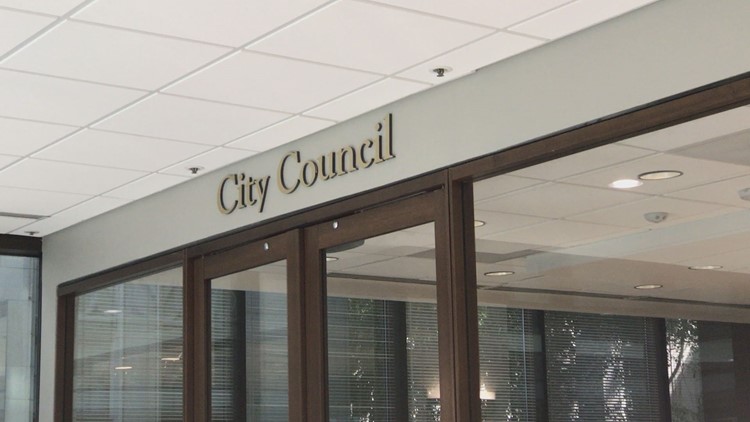ATLANTA — The Atlanta City Council has added formerly incarcerated persons to the city's list of protected classes, amending the city's Code of Ordinances to prohibit discrimination of anyone based on criminal history.
The council made the amendment with a unanimous vote at Monday's meeting. It adds to the previously existing list of protected classes that included race, color, creed, religion, sex, marital status, parental status, familial status, sexual orientation, national origin, gender identity, gender expression, age and disability.
The adopted ordinance states that "too often in the United States, people convicted of a crime are forced to be outliers of society unable to vote, find suitable housing, obtain livable wages, own a home or support their families without discrimination."
The city ordinance does not outright ban considering a person's criminal history in employment decisions.
It lays out that "any adverse hiring decisions based on criminal history must be based on how the criminal history relates to the position’s responsibilities in accordance with the following considerations: 1) whether the applicant committed the offense; 2) the nature and gravity of the offense; 3) the time since the offense; and 4) the nature of the job for which the applicant has applied."
Rights groups welcomed the move as an "historic win." In particular it had been lobbied for by a group that supports formerly incarcerated people, Barred Business.
“With this vote, The City of Atlanta is taking the first step in recognizing that we all are human beings,” Bridgette Simpson, co-founder and co-director of Barred Business, said in a statement. “Formerly incarcerated people have the right to move on from the sentences we served, and should be able to access things like housing, employment and other basic needs that are essential for all people to live safely in this society.”



